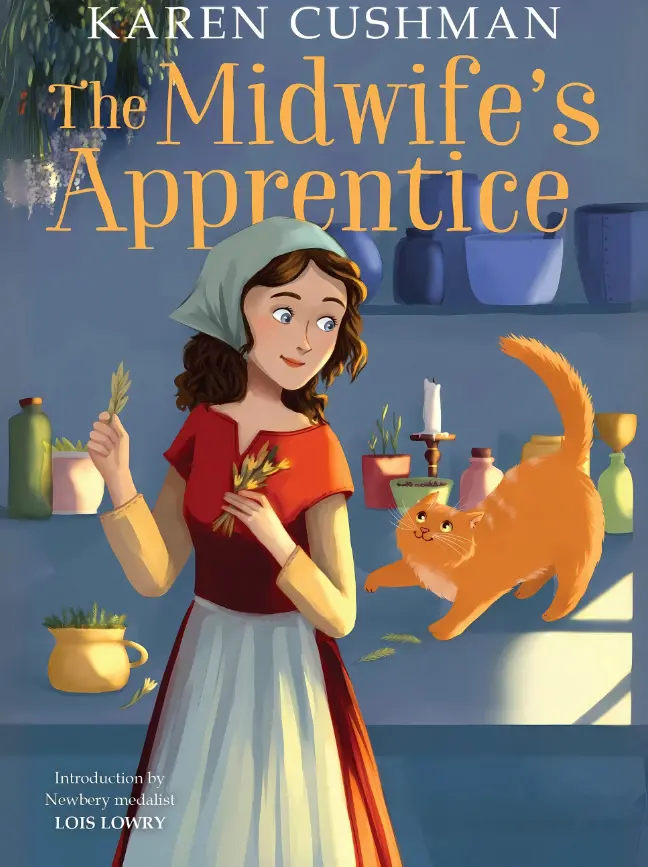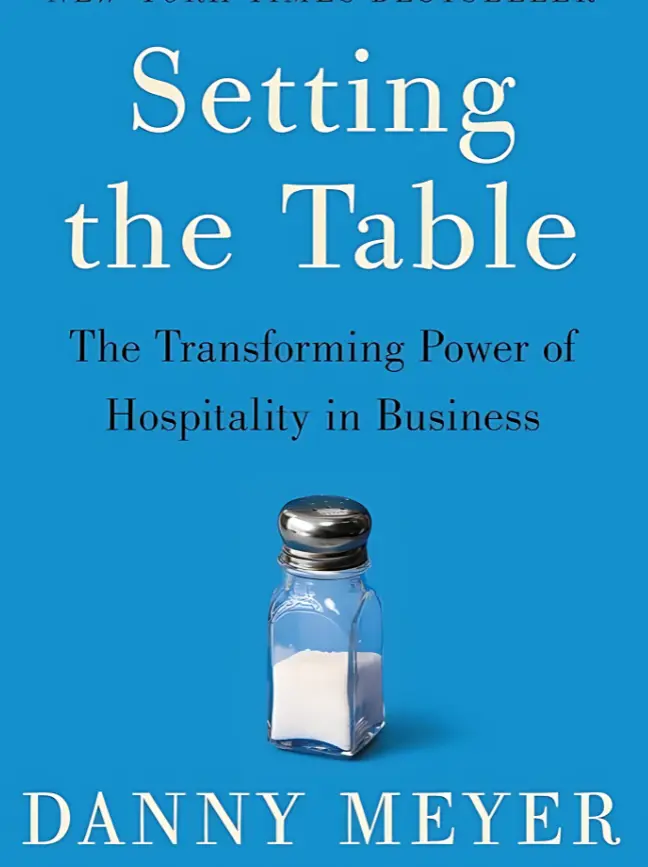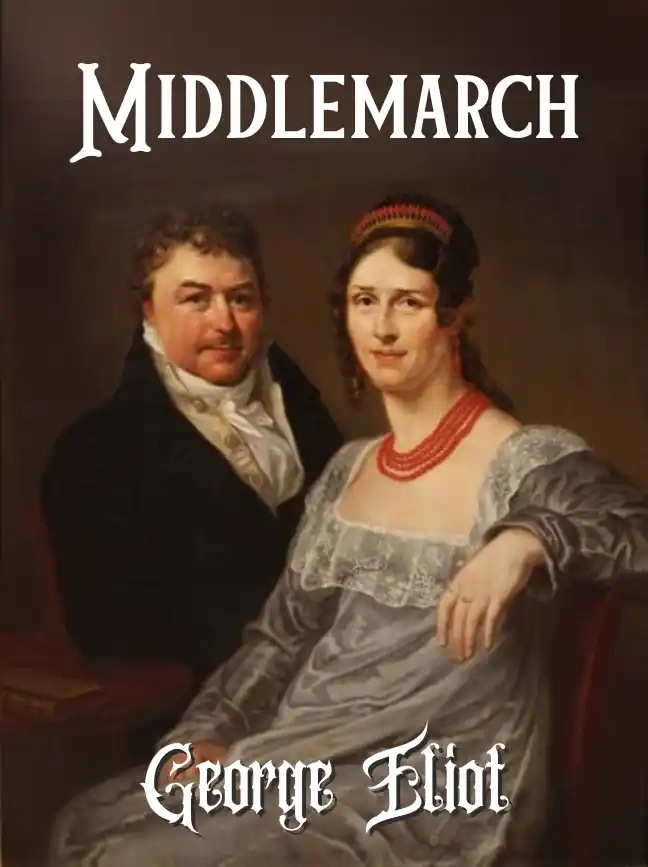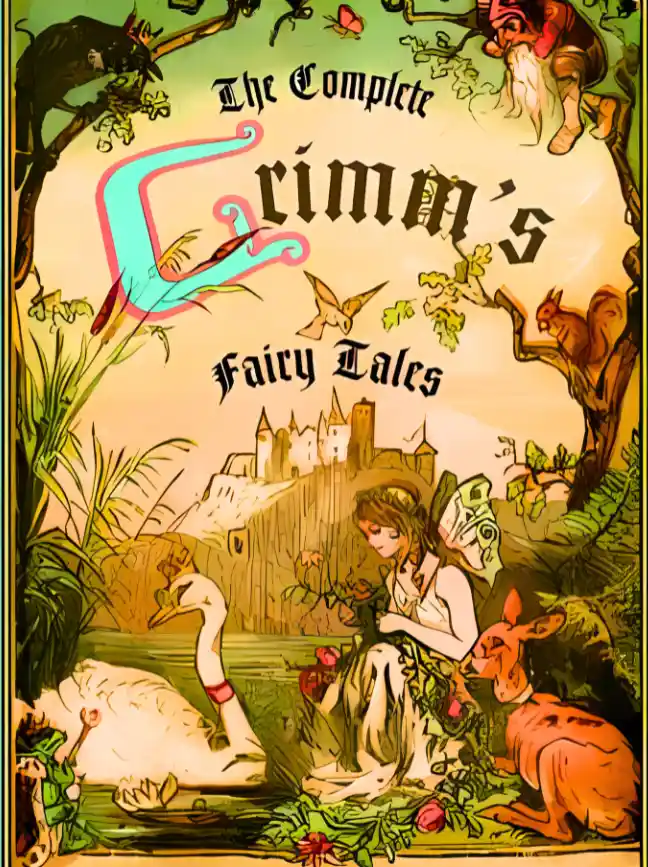N
oemí knocked and waited, and waited some more, but no one came to the door. She stood outside Marta’s house, nervously pulling at her purse’s strap before finally conceding defeat and walking back toward Francis, who was looking at her curiously. They’d parked the car near the town square and walked over together, even though she’d told him he could wait for her just like last time. But he said he could use the walk. She wondered if he was trying to keep an eye on her.
“No one seems to be home,” Noemí said. “Do you want to wait?”
“No. I need to stop by the health clinic.”
He nodded, and they slowly headed back toward what constituted the downtown section of El Triunfo, where there was a real road instead of muddy paths. Noemí was afraid the doctor wouldn’t be in yet either, but as they reached the door of the clinic, Julio Camarillo rounded the corner.
“Dr. Camarillo,” she said.
“Good morning,” he replied. He was carrying a paper bag under one arm and his medical bag in the other. “You’re up early. Will you hold this for a moment?”
Francis stretched out his hands and grabbed the medical bag. Dr. Camarillo took out a set of keys and unlocked the door, holding it open for them. Then he walked toward the counter, placed the paper bag behind it, and smiled at them.
“I don’t think I’ve met you officially,” Julio said, “but I’ve seen you at the post office before, with Dr. Cummins. You’re Francis,
aren’t you?”
The blond man nodded. “I’m Francis,” he said simply.
“Yes, when I took over Dr. Corona’s practice in the winter he actually mentioned you and your father. I think they might have played cards together. A good chap, Dr. Corona. But, anyway, is that hand bothering you, Noemí? Is that why you’re here?”
“Could we talk? Do you have time?” “Sure. Come in,” the doctor said.
Noemí followed him into his office. She turned her head to see if Francis planned to accompany her, but he was sitting on one of the chairs in the lobby, his hands in his pockets, his gaze on the floor. If he wanted to keep an eye on her, he wasn’t doing that good a job; he could easily have eavesdropped on her entire conversation. She was relieved to think he wasn’t interested in that. Noemí closed the door and sat across from Dr. Camarillo, who settled behind his desk.
“Now, what is the matter?”
“Catalina had a seizure,” Noemí said. “A seizure? Is she epileptic?”
“No. I purchased a tonic, a medicine from that woman, Marta Duval. Catalina asked me for it, she said it would help her sleep. But when she drank it she had a seizure. I went to see Marta this morning, but she wasn’t there. I wanted to ask if you’ve heard of something like that happening around town before, if her medications have made anyone ill like that.”
“Marta goes to Pachuca to see her daughter, or she goes on herb collection trips, which is probably why you didn’t find her. But as to this happening before, I haven’t heard of such a thing. Dr. Corona would have mentioned it, I’m sure. Did Arthur Cummins examine your cousin?”
“He said an opium tincture caused the seizure.”
Dr. Camarillo grabbed a pen and twirled it between his fingers. “You know, opium was used to treat epilepsy not so long ago. There’s always the possibility of allergic reactions with any medicine, but Marta is very careful with this sort of stuff.”
“Dr. Cummins called her a quack.”
He shook his head and set the pen back on the desk. “She’s no quack. Many people go to Marta for remedies, and she helps them well enough. If I thought she was endangering the health of the townsfolk I wouldn’t allow it.”
“But what if Catalina took too much of the tincture?”
“An overdose? Yes, of course an overdose would be quite awful. She might lose consciousness, she might vomit, but the thing is, Marta wouldn’t be able to procure an opium tincture.”
“What do you mean?”
Dr. Camarillo laced his hands together, his elbows resting on the desk. “It’s not the kind of medical care she provides. An opium tincture is a remedy you could find at a drugstore. Marta makes remedies using local herbs and plants. There are no poppies here with which to make a tincture.”
“Then you’re saying it must have been something else that caused her to be sick?”
“I can’t say with certainty.”
She frowned, unable to make heads or tails of this information. She’d gone looking for an easy answer, but there was none. Nothing seemed to be easy here.
“I’m sorry I can’t be of more help. Maybe I can look at your rash before you leave? Have you changed the bandage?” Dr. Camarillo asked.
“I haven’t. It has completely slipped my mind.”
She hadn’t even opened the little jar with the zinc paste. Julio took off the bandage, and Noemí expected to see the same raw, red skin. Perhaps it would look even worse than the last time. Instead, her wrist was completely healed. There was not a single bump blemishing her skin. It seemed to startle the doctor.
“Well, this is quite the surprise. Why, it’s vanished,” Dr. Camarillo said. “I don’t think I’ve seen such a thing before. Usually it takes seven or ten days, sometimes weeks, for the skin to clear. It’s barely been two days.”
“I must be lucky,” she ventured.
“Extremely,” he said. “What a thing. Do you need anything else?
If not, I can tell Marta you were looking for her.”
She thought about her odd dream and the second sleepwalking episode. Yet she didn’t feel the doctor would be able to assist her with that either. It was as he’d said: he wasn’t very useful at all. She was beginning to think Virgil had been right when he told her Camarillo was too young and inexperienced. Or maybe she was being grumpy. She was most definitely tired. The anxiety of the previous day hit her suddenly.
“That would be an utter kindness,” she said.
—
Noemí had expected to return to her room without anyone noticing, but of course that was too much to ask. Not even an hour after Francis and Noemí had parked the car, Florence came looking for her. She had Noemí’s lunch tray with her, which she deposited on the table. She didn’t say anything unpleasant, but her face was fiercely sour. It was the face of a warden ready to squelch a riot.
“Virgil would like to speak with you,” she said. “I assume you can eat and be presentable in an hour?”
“Of course,” Noemí replied. “Good. I’ll come to fetch you.”
She did indeed return in exactly one hour and proceeded to guide Noemí to Virgil’s room. When they stopped in front of his door, Florence knocked once, her knuckles so soft upon the wooden surface that Noemí thought he’d never hear them, but he spoke, loud and clear.
“Enter.”
Florence turned the doorknob and held the door open for Noemí. Once the young woman stepped inside, Florence carefully closed the door again.
The first thing she noticed upon walking into Virgil’s room was an imposing painting of Howard Doyle, hands clasped together, an amber ring on his finger, staring down at her across the room. Virgil’s bed was half hidden behind a three-fold painted screen depicting branches of lilacs and roses. The divider created a sitting area, with a faded rug and a pair of shabby leather chairs.
“You’ve gone to town again this morning,” Virgil said. His voice came from behind the divider. “Florence dislikes it when you do that. Just off, without a word.”
She approached the painted screen. She noticed that among the flowers and the ferns there lay a snake. It was cleverly hidden, the eye peeking from behind a clump of roses. It lay in wait, like the snake in the garden of Eden.
“I thought driving alone into town was the issue,” Noemí replied. “The roads are bad, and the rains will grow stronger any day now.
Torrential rains. The soil turns into a sea of mud. The rain flooded
the mines the year I was born. We lost everything.”
“It does rain, I’ve noticed. And the road is not good. But the roads are not impassable.”
“They will be. There’s been a lull in the rain, but it will fall ferociously very soon. Fetch me the robe on the chair, please.”
She grabbed the heavy crimson robe that had been left on one of the chairs and walked back toward the wooden screen. She was startled to see Virgil hadn’t bothered putting on a shirt and stood there half naked and nonchalant. This was much too casual; it was frankly immodest, and she blushed in shame.
“How, then, will Dr. Cummins make his way here? He’s supposed to visit every week,” she said, averting her gaze quickly as she held out the robe. She tried to maintain a cool tone of voice despite the warmth on her cheeks. If he wanted to mortify her, he must try harder.
“He has a truck. Do you honestly think the cars we have are fit for driving constantly up and down the mountain?”
“I assumed Francis would let me know if he felt it was hazardous.”
“Francis,” Virgil said. She glanced at him when he said the name. He tied the robe’s belt. “It seems you spend most of your time with him rather than with Catalina.”
Was he reproaching her? No, she thought it was slightly different. He was assessing her, the same way a jeweler might gaze at a diamond, trying to measure its clarity or an entomologist would look at a butterfly’s wings under the microscope.
“I have spent a reasonable amount of time with him.”
Virgil smiled without any pleasure. “You are so careful with your words. So poised in front of me. I picture you, in your city of cocktail parties and careful words. Do you ever lower your mask there?”
He gestured for her to sit down in one of the leather chairs. She pointedly ignored the gesture. “It’s funny, here I thought you could teach me a thing or two about masquerades,” she replied.
“What do you mean?”
“It’s not the first time Catalina was ill like this. She drank the same tincture and had the same bad reaction.”
She had thought to say nothing of the matter, but she wanted to gauge his reaction. He’d assessed her. Now it was her turn.
“You have indeed been spending time with Francis,” Virgil said, distaste clear on his face. “Yes, I forgot to mention that previous episode.”
“How convenient.”
“What? The doctor explained to you that she has depressive tendencies, and you thought it was all lies. If I’d told you she was suicidal—”
“She’s not suicidal,” Noemí protested.
“Well, of course, since you seem to know everything,” Virgil muttered. He looked a little bored and waved a hand, as if shooing an invisible insect. Shooing her. The gesture made her furious.
“You took Catalina from the city and brought her here, and if she
is suicidal then it’s your fault,” she replied.
She wished to be cruel. She wanted to repay him with the same coin he’d used with her before, but once she had spit her venom she regretted the words, because for once he seemed upset. He looked as if she’d physically stricken him, a pure moment of pain or perhaps shame.
“Virgil,” she began, but he shook his head, silencing her.
“No, you’re correct. It’s my fault. Catalina fell in love with me for the wrong reasons.” Virgil sat very straight in his seat, his eyes fixed on her, his hands resting on the arms of the chair. “Sit, please.”
She was not ready to concede. She did not sit. Instead she stood behind her chair, leaning forward on its back. She had a vague thought that it would also be easier to run out of the room if she was standing. She wasn’t sure why she thought this. It was a disquieting thought, that she must be ready to spring up like a gazelle and escape. It was, she concluded, that she did not like to be speaking to him alone in his room.
His terrain. His burrow.
She suspected Catalina had never set foot in this room. Or if she had, it had been a brief invitation. No trace of her remained. The furniture, the great large painting bequeathed by his father, the wooden screen, the ancient wallpaper streaked with faint traces of mold, these all belonged to Virgil Doyle. His taste, his things. Even his features seemed to complement the room. The blond hair was striking against the dark leather, his face seemed made of alabaster when framed with folds of red velvet.
“Your cousin has a wild imagination,” Virgil said. “I think she saw in me a tragic, romantic figure. A boy who lost his mother at a young age in a senseless tragedy, whose family’s fortune evaporated in the years of the Revolution, who grew up with a sick father in a crumbling mansion in the mountains.”
Yes. It must have pleased her. At first. He had a vehemence that Catalina would have found appealing and, in his home, with the mist
outside and the glint of silver candelabra inside, he would have shined very brightly. How long, Noemí wondered, until the novelty wore off?
He, perhaps sensing her question, smirked. “No doubt she pictured the house as a delightful, rustic refuge which, with a little effort, could be made cheerier. Of course, it is not as if my father would allow even a single curtain to be changed. We exist at his pleasure.”
He turned his head to gaze at the painting bearing Howard Doyle’s likeness, a finger tapping gently against the chair’s armrest.
“And would you want to change a single curtain?”
“I’d change a number of things. My father hasn’t left this house in decades. To him this is the ideal vision of the world and nothing more. I’ve seen the future and understand our limitations.”
“If that is the case, if change is possible—”
“Change of a certain type,” Virgil agreed. “But not a change so grand that I’d become something I am not. You can’t change the essence of a thing. That is the problem. The point, I suppose, is that Catalina wanted someone else. She didn’t want me, flesh and blood and flawed. She was immediately unhappy, and yes, it is my fault. I could not live up to her expectations. What she saw in me, it was never there.”
Immediately. Why, then, had Catalina not returned home? But even as she asked herself the question she knew the answer. The family. Everyone would have been appalled, and the society pages would have been filled with the most poisonous ink. Exactly as her father now feared.
“What did you see in her?”
Noemí’s father had been sure it was money. She didn’t think Virgil would admit it, but she felt confident that she might be able to discern the truth, to read between the lines. To approach the answer, even if it remained veiled.
“My father is ill. He is, in fact, dying. Before passing away, he wanted to see me married. He wanted to know I would have a wife
and children; that the family line would not die out. It was not the first time he asked this of me, and it was not the first time I complied. I was married once before.”
“I did not know that,” Noemí said. It quite surprised her. “What happened?”
“She was everything my father thought an ideal wife should be, except that he forgot to consult me on the matter,” Virgil said with a chuckle. “She was, in fact, Arthur’s daughter. My father had gotten it in his head since we were children that we would marry. ‘One day, when you’re married,’ they’d tell us. Such repetition didn’t help. It had the opposite effect. When I turned twenty-three we were wed. She disliked me. I found her dull.
“Nevertheless, I suppose we might have managed to build something of value between us if it hadn’t been for the miscarriages. She had four of them, and they wore her down. She abandoned me.”
“She divorced you?”
He nodded. “Yes, and eventually, implicitly, I realized my father wanted me to remarry. I took a few trips to Guadalajara and then to Mexico City. I met women who were interesting and pretty, who would have no doubt pleased my father. But Catalina was the one who really caught my attention. She was sweet. It’s not a quality that is in great abundance at High Place. I liked that. I liked her softness, her romantic notions. She wanted a fairy tale, and I wanted to give her that.
“Then, of course, it all went wrong. Not merely her illness, but her loneliness, her bouts of sadness. I thought she understood what it would mean to live with me and I understood what it would be like living with her. I was wrong. And here we are.”
A fairy tale, yes. Snow White with the magical kiss and the beauty who transforms the beast. Catalina had read all those stories for the younger girls, and she had intoned each line with great dramatic conviction. It had been a performance. Here was the result of Catalina’s daydreams. Here was her fairy tale. It amounted to a
stilted marriage that, coupled with her sickness and her mental tribulations, must place an exhausting burden on her shoulders.
“If it’s the house she dislikes, you could take her somewhere else.” “My father wants us at High Place.”
“You must make your own life one day, no?”
He smiled. “My own life. I don’t know if you’ve noticed, but none of us can have our own lives. My father needs me here, and now my wife is sick, and it is the same story. We have to stay. You do realize the difficulty of the situation?”
Noemí rubbed her hands together. Yes, she did. She didn’t like it, but she did. She was tired. She felt like they kept going in circles. Perhaps Francis was correct, and it was best to pack her bags. But, no, no, she refused.
He turned his gaze on her. Blue and intense, the blue of lapis lazuli, carefully ground. “Well, we seem to have drifted from the topic I had in mind when I called you here. I wanted to apologize to you for my words the last time we met. I was not in a good frame of mind. I still am not. Anyway, if I’ve upset you then I am very sorry,” Virgil said, quite surprising her.
“Thank you,” she replied.
“I hope we can be friendly. There is no need to act as though we are enemies.”
“I know we aren’t.”
“We’ve gotten off on the wrong foot, I’m afraid. Perhaps we might try again. I promise I’ll ask Dr. Cummins to begin asking about psychiatrists in Pachuca, as an option down the line. You can help me pick one; we might even write to him together.”
“I’d like that.”
“A truce, then?”
“We’re not at war, remember?”
“Ah, yes. Nevertheless,” he said, extending his hand. Noemí hesitated, then stepped from behind the chair and shook it. His grip was firm, the hand large, covering her own tiny one.
She excused herself and left. When she was walking back to her room she saw Francis standing in front of a door, opening it. Her footsteps made him halt, and he looked at her. He inclined his head, in a mute greeting, but said nothing.
She wondered if Florence had chided him for doing Noemí’s bidding. Maybe he would be summoned to stand before Virgil, and he’d tell Francis the same thing he’d said to Noemí: It seems you spend most of your time with her. She pictured a quarrel. Muted. Howard didn’t like loud noises, and confrontations must take place in whispers.
He won’t help me again, she thought as she gazed at his hesitant face. I’ve exhausted his goodwill.
“Francis,” she said.
He pretended not to hear her. Gently the young man closed the door behind him and disappeared from sight. He was swallowed by one of the many chambers of the house, into one of the bellies of this beast.
She pressed a palm against the door, thought better of it, and kept on walking, keenly aware that she had already caused too much trouble. She wanted to make it better. She decided to seek out Florence and found her talking with Lizzie in the kitchen, their voices a whisper.
“Florence, do you have a minute?” she asked. “Your cousin is napping. If you want—”
“It’s not about Catalina.”
Florence gestured toward the maid, then turned to Noemí and motioned for her to follow her. They went into a room she had not visited before. It had a large, solid table with an old-fashioned sewing machine set atop it. Open shelves held sewing baskets and yellowed fashion magazines. On a wall you could see old nails, signaling the spot where there had once been paintings and now there were smudges, faint traces of frames. But the room was very tidy, very clean.
“What do you need?” Florence asked.
“I asked Francis to take me to town this morning. I know you don’t like it when we leave without speaking to you. I wanted you to know it was my fault. You shouldn’t be angry at him.”
Florence sat down on a large chair that was set next to the table, her fingers laced together, and stared at Noemí. “You think me harsh, don’t you? No, don’t deny it.”
“Strict would be the most appropriate word,” Noemí said politely. “It is important to maintain a sense of order in one’s house, in
one’s life. It helps you determine your place in the world, where you
belong. Taxonomical classifications help place each creature atop its right branch. It’s no good to forget yourself, nor your obligations. Francis has duties, he has chores. You pull him away from those chores. You make him forget his obligations.”
“But surely he doesn’t have chores all day long.”
“Doesn’t he? How would you know? Even if his days are made of leisure, why should he spend them with you?”
“I don’t mean to take up all his time, but I don’t see—”
“He’s silly when he is with you. He completely forgets who he’s supposed to be. And do you think Howard would let him have you?” Florence shook her head. “The poor boy,” she muttered. “What do you want, hmm? What do you want from us? There’s nothing left to give.”
“I wanted to apologize,” Noemí said.
Florence pressed a hand against her right temple and closed her eyes. “You have. Go, go.”
And like the wretched creature that Florence had mentioned, that does not know its place nor how to find it, Noemí sat on the stairs for a while, staring at the nymph on the newel post and contemplating the motes of dust dancing in a ray of light.








